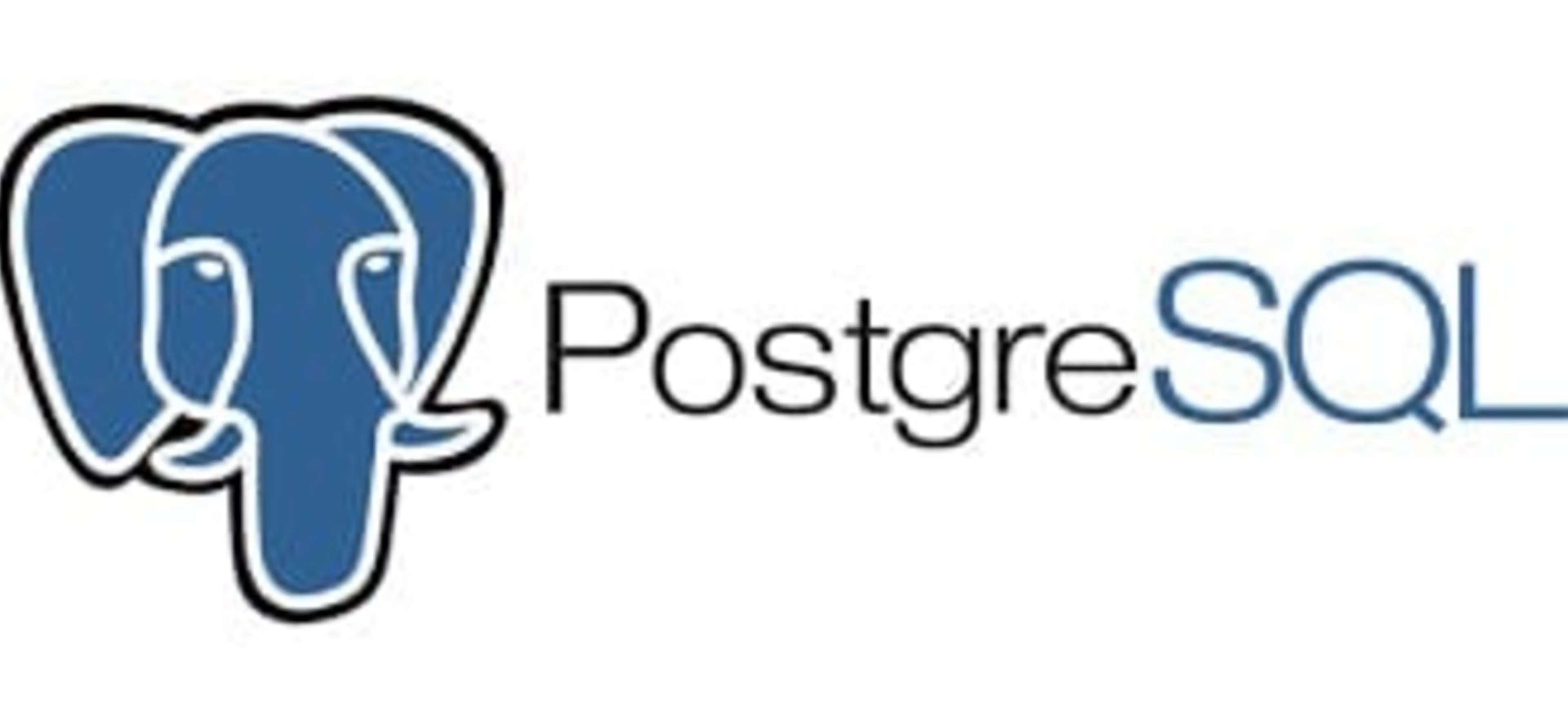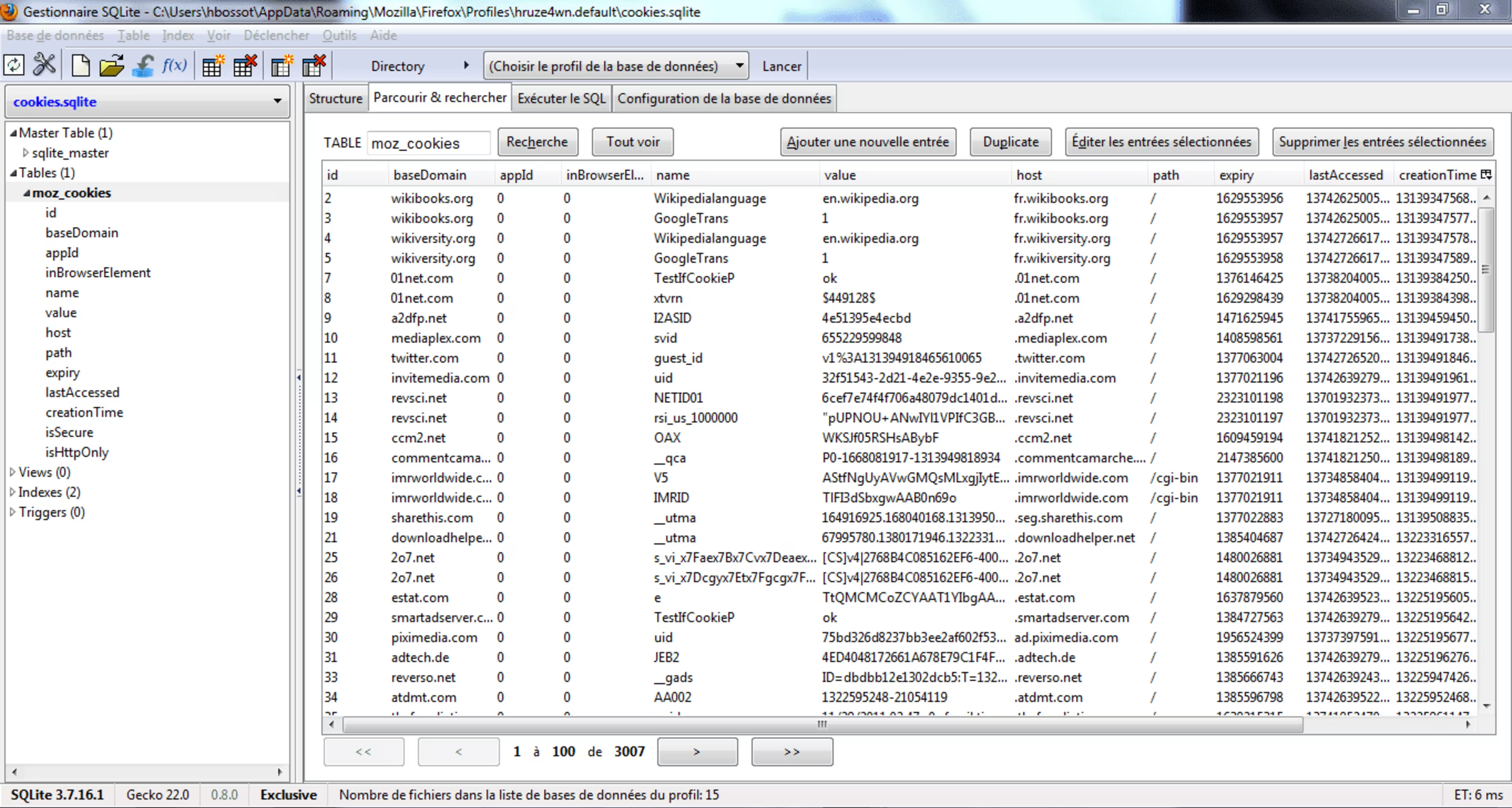Sometimes your first choice doesn’t always work out.
Whether it’s pizza, books, or even database management software, an alternative is often the way to still find something you love, but just as good or even better than your original choice.
MySQL, for example, is a popular free and open source database software solution, but no software is an all-in-one solution.
So where do you look?
This article looks at three highly rated MySQL alternatives. See the full list of MySQL alternatives here.
It can be difficult to find something that truly lives up to the hype. Many solutions want to be competitors but just can’t quite compare.
Below, we've outlined three standout MySQL alternatives, including the pros and cons of each competitor. As for cost? All of these are free and open source MySQL alternatives. Can’t beat that deal.
MariaDB
If there’s any alternative to replace MySQL, it’s MariaDB, which was created by the original developers of MySQL. Specifically, MariaDB is a database server with drop-in replacement for MySQL. It’s used by popular tech destinations like Google, Facebook, and even Wikipedia.
Pros
MariaDB is implemented and installed with ease for those looking for MySQL alternatives. In most cases, you can even simply uninstall MySQL and install MariaDB without converting data files (as long as you use the same main version). Since the original developers of MySQL created MariaDB, this alternative includes core components of MySQL as well as additions like alternate storage engines, server optimizations, and patches. For those concerned about security, MariaDB’s developers merge all of MySQL’s security patches with each update, even enhancing these patches if necessary. MariaDB also updates active releases once a month, with major releases coming at nine month intervals.
Cons
Despite MariaDB’s steps for a secure product, it lacks a password complexity plugin, in addition to a memcached interface and optimizer trace.
*If you’re interested in how MariaDB and MySQL stack up further, MariaDB has features and a compatibility comparison web page.
Postgre SQL

Postgre SQL is another open source MySQL alternative with more than 15 years of active development. This solution is also ACID (Atomicity, Consistency, Isolation, Durability) compliant, with the latest version released August 11th.
Pros
If you’re looking for a highly customizable database management software, Postgre SQL is another great option, and includes an interface allowing for custom data types and query methods with which to search them. Developers can further define and craft these custom data types, supporting functions and operators through Postgre SQL’s framework. Postgre SQL users can also expect additional features like table inheritance, a rules system (also called the query rewrite system), and database events. PostgreSQL runs stored procedures in a multitude of programming languages, including Java, Perl, Python, Ruby, Tcl, C/C++, and its own PL/pgSQL (similar to Oracle's PL/SQL). Data integrity features for Postgre SQL range from (compound) primary keys to foreign keys with restricting and cascading updates/deletes to check constraints, as well as unique constraints.
Cons
While PostgreSQL is among the most advanced free and OS database solutions out there, isn’t as popular as others, meaning that community support may be difficult to come by.
SQLite

SQLite is the most widely-deployed database engine in the world and makes our list of reliable MySQL database alternatives.
Pros
SQLite is suggested as a great database for the internet of things (IoT) and is a popular choice for cellphones, PDAs, and even MP3 players. This solution is also a great option for those looking for software that makes efficient use of space as SQLite has a small code footprint and doesn’t require maintenance from a database administrator. Additionally, SQLite does not have a separate server process and is a popular choice for an application file format, a website database, and a stand-in for an enterprise RDBMS. SQLite also hosts an easy-to-use API and is self-contained with no external dependencies. Transactions are ACID compliant, regardless of if the system crashes, power fails, or if the software faces another technical difficulty.
Cons
DigitalOcean notes that SQLite comes with no user management and doesn’t enable more tinkering for potential increased performance.
More?
Know of any other MySQL alternatives that you think should have made the list? Make your case in the comments below.